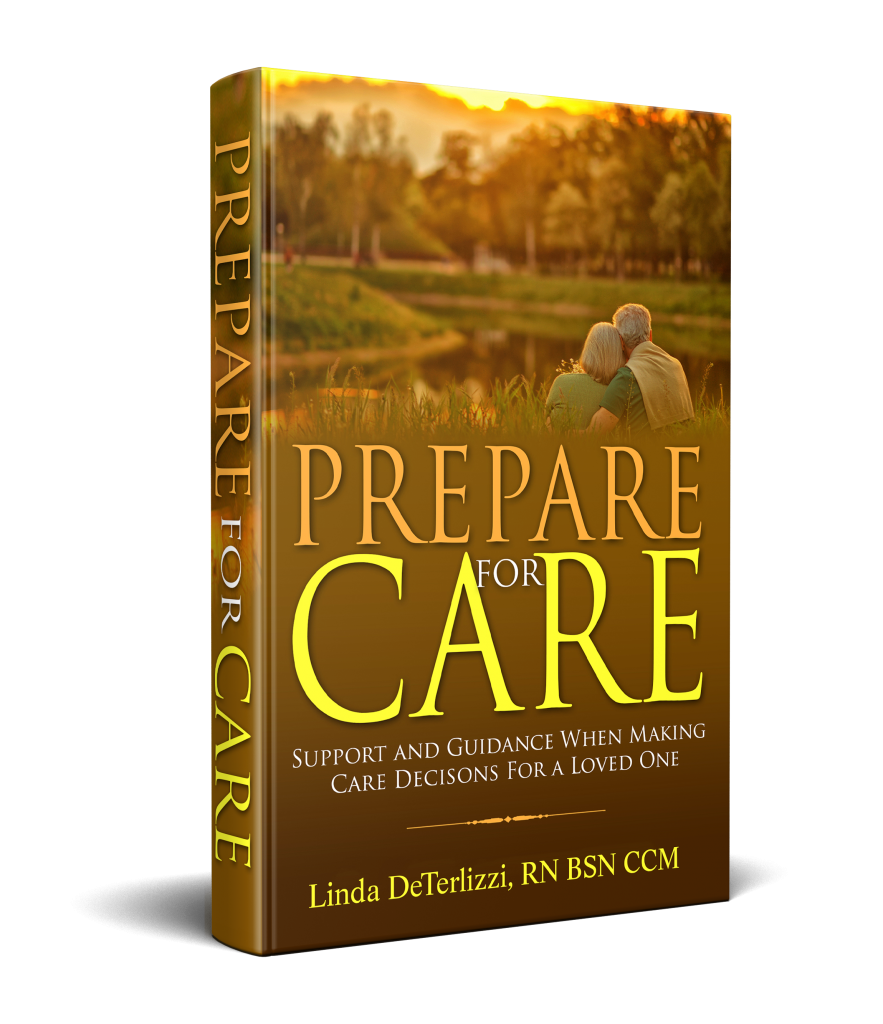Family caregiver support is essential after a loved one has experienced a serious illness. As caregivers step into this new role, they often carry the weight of emotional, physical, and logistical responsibilities. Without the proper support, this can lead to overwhelming stress and even burnout. That’s why offering reliable guidance, emotional encouragement, and practical tools is vital for every family caregiver.
Understanding the Importance of Family Caregiver Support
Family caregivers play a vital role in recovery after illness, often providing daily care, managing medications, and coordinating appointments. This responsibility can quickly become overwhelming without adequate family caregiver support in place.
- Exhaustion and sleep deprivation
- Emotional stress, anxiety, and isolation
- Physical strain or injury from caregiving tasks
- Financial and legal challenges
Recognizing the importance of caregiver well-being is the first step toward effective support.
Key Signs of Caregiver Burnout
Burnout is a common and serious concern among family caregivers. Without adequate family caregiver support, the pressure can take a toll on their physical and mental health.
Look for these warning signs:
- Chronic fatigue, irritability, or sadness
- Withdrawing from others or loss of interest in hobbies
- Frequent illness or worsening health
- Difficulty concentrating or completing tasks
If any of these signs are present, it’s time to pause, reflect, and make caregiver self-care a priority.
How to Strengthen Family Caregiver Support Systems
Building a solid family caregiver support system helps protect both the caregiver and the person receiving care.
💡 Practical Support Strategies Include:
- Create a care team – Involve family, friends, neighbors, and professionals. Everyone can help in some way.
- Establish a care routine – A consistent plan reduces chaos and decision fatigue.
- Use technology tools – Apps can help track medications, appointments, and communication.
- Seek community resources – Local agencies offer caregiver education, respite care, and financial help.
Don’t wait until burnout happens—start building support early and revisit the plan often.
Encouraging Self-Care for Family Caregivers
Supporting family caregivers means encouraging self-care as an essential—not optional—part of caregiving.
✨ Tips for Caregiver Wellness:
- Prioritize sleep, even if it means scheduling naps
- Eat balanced meals and stay hydrated
- Get fresh air and light physical activity daily
- Stay socially connected, even virtually
- Journal emotions to process stress and release anxiety
Small acts of self-care can prevent big emotional breakdowns later.
Emotional and Mental Health Support for Family Caregivers
One of the most under-recognized aspects of family caregiver support is emotional and psychological well-being.
Here’s how to help:
- Encourage counseling or therapy as a form of support
- Offer to listen without judgment
- Recommend caregiver support groups, both online and in-person
- Normalize the emotional rollercoaster—it’s okay not to be okay
Helping Family Caregivers Set Healthy Boundaries
Boundaries are a crucial part of effective family caregiver support. Without them, caregivers risk losing their identity and sense of control.
Set boundaries by:
- Saying “no” when overwhelmed
- Delegating tasks and accepting help
- Scheduling downtime and sticking to it
- Separating the caregiver role from the family role whenever possible
Boundaries aren’t selfish—they’re what make caregiving sustainable.
Accessing Legal and Financial Support as a Family Caregiver
Caregivers often find themselves navigating complex healthcare and financial systems. A big part of family caregiver support is helping them understand their rights and options.
Consider:
- Power of attorney and healthcare proxy documentation
- Medicare and Medicaid benefits
- Respite care grants and caregiver stipends (state-dependent)
- Workplace benefits, like FMLA leave
Professional guidance from elder law attorneys or care managers can be invaluable here.
Empowering Family Caregivers to Build Confidence
One of the best gifts you can give a caregiver is the confidence that they are not alone and are doing a good job.
Encouragement, education, and empathy go a long way in making sure family caregiver support is not just a buzzword but a real, tangible lifeline.
Conclusion: Family Caregiver Support Is a Lifeline—Not a Luxury
Every caregiver deserves to be cared for. Strengthening family caregiver support not only improves the well-being of the caregiver, but also enhances the quality of care their loved ones receive.
If you’re a caregiver or know someone who is, don’t wait until you’re overwhelmed—reach out, ask for help, and explore every available resource. Caregiving is a journey best taken with support, not alone.





Connect with Linda